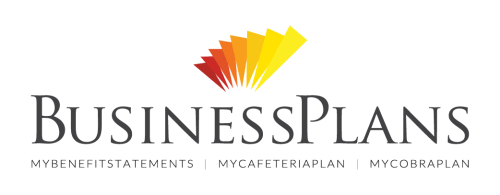
Total compensation statements provide employees with a comprehensive view of their benefits and compensation package. These statements include information on all the different types of compensation an employee receives, including salary, bonuses, benefits, and perks. They are designed to give employees a better understanding of the value of their total compensation package, increase employee satisfaction, and help them make more informed decisions about their careers.
Why Total Compensation Statements Matter
Total compensation statements are important for several reasons. First, they help employees understand the true value of their compensation package. Many employees only consider their salary when thinking about their compensation. In reality, their total compensation package includes much more than just their base pay. By providing employees with a comprehensive view, total compensation statements can help them understand the full value of their compensation package.
Second, total compensation statements can help companies attract and retain top talent. When employees understand the full value of their compensation package, they are more likely to be satisfied with their jobs and less likely to seek opportunities elsewhere. This can help companies retain their best employees and avoid the costs associated with turnover.
How to Create Effective Total Compensation Statements
Creating effective total compensation statements requires careful planning and attention to detail. Here are some tips to help you create effective total compensation statements:
- Gather accurate data. To create effective total compensation statements, you need to gather accurate data on all of the different types of compensation your employees receive. This includes salary, bonuses, benefits, and perks. Make sure you have accurate data on all of these elements before creating your statements.
- Use clear and concise language. Total compensation statements should be written in clear and concise language that is easy for employees to understand. Avoid technical jargon and explain any unfamiliar terms.
- Provide context: Total compensation statements should provide context for the different types of compensation employees receive. For example, you might explain the value of a particular benefit or perk and how it compares to similar benefits or perks offered by other employers.
- Make it personalized: Total compensation statements should be personalized for each employee. This means including information specific to the employee’s compensation package and using their name and other personal details where appropriate.
- Use visual elements. Visual elements such as charts and graphs can help employees better understand the different types of compensation they receive. Consider including visual elements in your total compensation statements to make them more engaging and informative.
- Make it accessible: Total compensation statements should be easily accessible to all employees. That is why we believe so strongly in providing physical, printed copies to employees. You may also consider making them available online through your HRIS or through our hosting service.
Conclusion
Total compensation statements are an important tool for helping employees understand the full value of their compensation package. Providing employees with a comprehensive view of their compensation can help them make informed decisions about their careers and improve employee satisfaction and retention. When creating total compensation statements, it’s important to gather accurate data. Use clear and concise language, provide context, and personalize the statements. Use visual elements, and make them easily accessible to all employees. With these tips in mind, you can create effective total compensation statements that provide employees with the information they need to feel valued and appreciated.
Are you ready to create your own total compensation statements? Contact us today to get a quote and samples, and we can help you get started on your Total Compensation project!




Comments are closed.